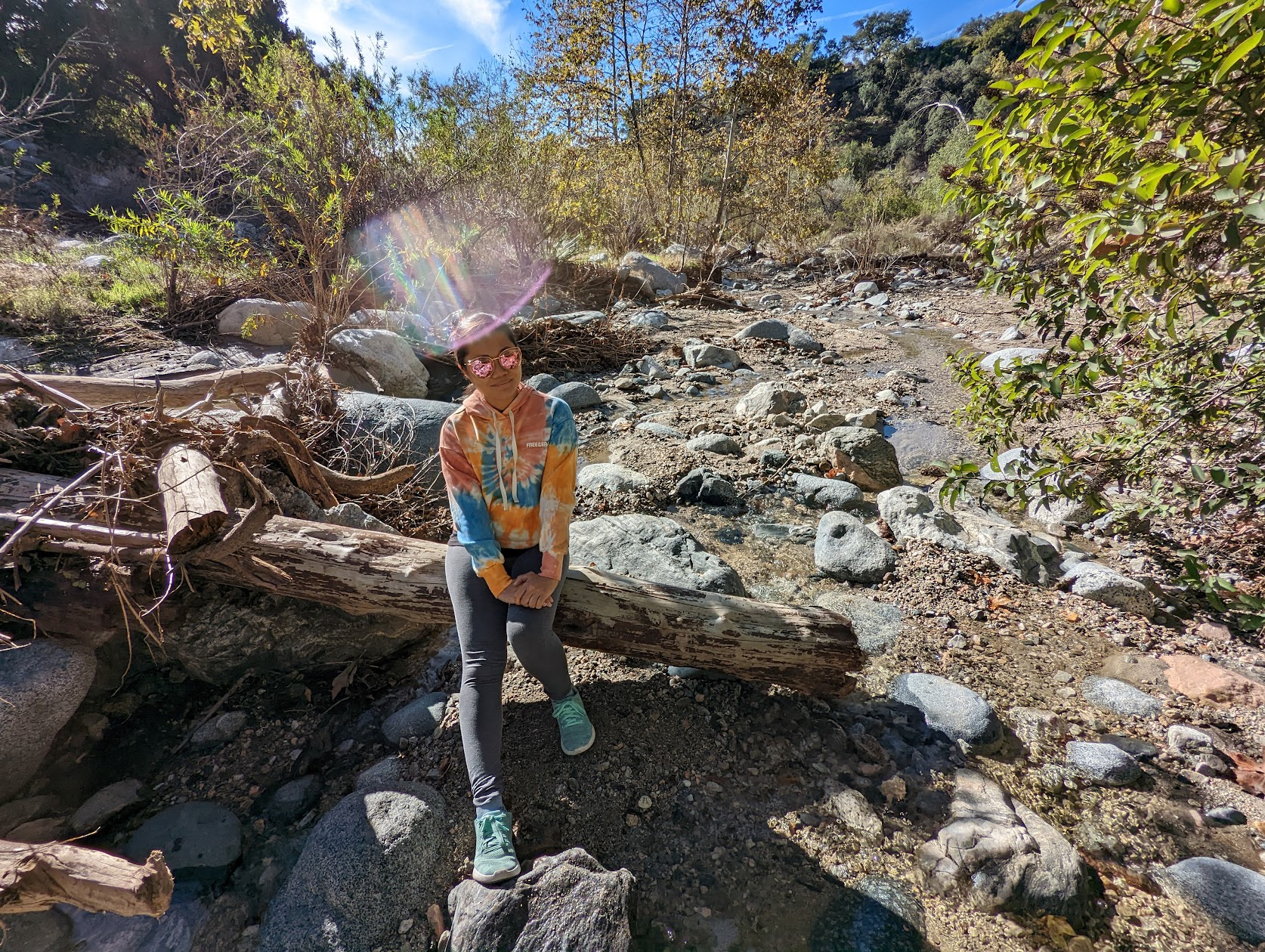Addressing the climate crisis: an interview with The Sunrise Project’s Grace Regullano

Earth Month is an important reminder of our collective responsibility to protect and preserve our planet.
The release of greenhouse gases from burning fossil fuels, along with other environmentally intensive practices, has led to global warming. This warming causes a range of impacts, including more extreme weather events, melting polar ice, rising sea levels, and disruptions to ecosystems. Addressing the climate crisis requires global efforts to reduce emissions and transition to sustainable practices.
Grace Regullano is the Global Banks Program Director at The Sunrise Project, a global network of independent organizations passionate about building social movements to drive the transition from fossil fuels to clean energy, reduce greenhouse gas pollution, and create a healthy and prosperous future for everyone.
In our conversation for Earth Month, Grace shares what her work entails and how banks can take action to address the climate crisis.
What do you do in your role as Global Banks Program Director at The Sunrise Project?
GR: I get to lead an amazing team that’s focused on raising awareness of banks’ role in fueling climate change, and campaigning to shift the biggest global banks away from financing fossil fuels, and into financing renewable energy. We especially have a focus on stopping banks from funding fossil fuel expansion, as it’s clear that the world cannot afford any new fossil fuel expansion if we are to have a chance to avoid the worst climate catastrophes.
What brought you to this work?
GR: I spent nearly 20 years in the US labor movement, with a brief break to obtain my CPA and work as a forensic accountant at a Big Four accounting firm. After having children, I realized that I wanted an opportunity to bring these experiences together to work on ensuring a livable future for them. I was lucky enough to get connected to The Sunrise Project, which works on leveraging the critical role of the finance sector in both causing and solving the climate crisis.
What are examples of how banks are addressing the climate crisis effectively?
GR: On the fossil fuels side, French bank La Banque Postale led the way in 2021 by becoming the first bank to commit to an ambitious oil and gas exit strategy by 2030, and to immediately suspend the provision of financial services to companies contributing to oil and gas expansion. This paved the way for other banks, such as HSBC, one of the world’s biggest financiers of fossil fuels, to announce that it would no longer finance new oil and gas fields.
On the renewables side, regional green banks are a really interesting financing approach to accelerate investments in energy and infrastructure projects. Regional banks, in general, have an important role to play in addressing climate risk. I’d love to see regional banks commit to the Equitable Bank Standards and set the pace for the US banking sector on climate, justice, and equity.
What are the biggest challenges you have faced in this work?
GR: It’s not an accident that I mentioned European banks as examples of where banks are doing better. The biggest Wall Street banks are by far the worst laggards, with the top four banks financing fossil fuels between 2016-2022, all being US Banks (JPMC, Citi, Wells Fargo, and Bank of America). The politicization of the material financial impacts of climate risk in the US is costing taxpayers hundreds of millions of dollars. Even the Texas Chamber of Commerce has found that the economic impact of such legislation costs the Texas economy hundreds of millions and thousands of lost jobs.
In 2022 alone, the cost of climate and weather disasters in the US last year totaled more than $165 billion. The safety and soundness of banks are threatened by the rising cost of climate risk through physical and transition risk, and climate change and increasing natural disasters affect access to financial services and fair treatment of customers. For example, Black homeowners are disproportionately at risk of storm damage—these human-driven climate disasters are on top of the effects of decades of human-driven racial discrimination that has created massive wealth gaps. I often think about the intersection of our country’s terrible track record on race, class, and climate—and how the banking sector has unfortunately been at the nexus of that terrible track record.
What is your hope for our planet?
GR: My hope is that enough of us take action so that today’s children grow up and have clean water to drink, forests to hike in, snow for their children to play in, and fresh air to breathe, and that all of this is within a society that values justice and equity. But that means taking action not just as individuals with activities like recycling, but also taking action in ways that shift entire systems, especially our financial system.
Grace Regullano is a member of our Equitable Bank Standards (EBS) Council, a designated governance group established by the Equitable Bank Standards program to oversee the development and revision of the Standards. The EBS Council provides perspectives from various stakeholders, including financial institutions, community and environment-based organizations, and organizations specializing in standards development.
